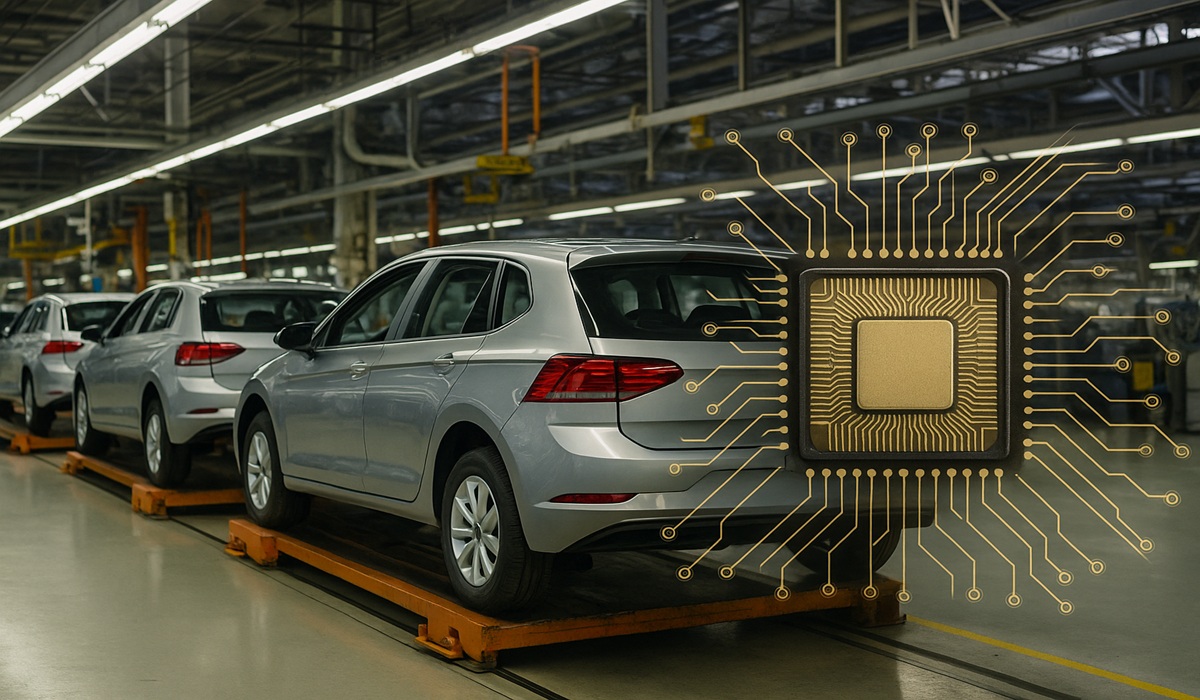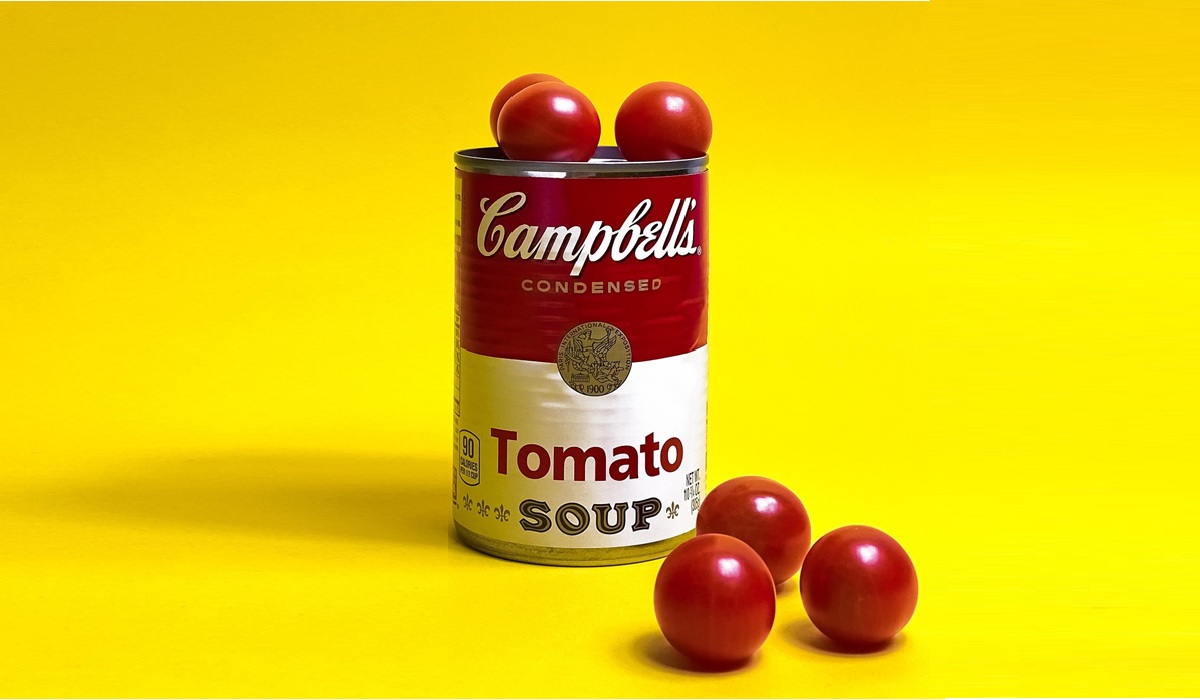The Dutch Chip Seizure That Backfired: Europe’s Self-Inflicted Tech Meltdown
- TDS News
- Breaking News
- Europe
- October 23, 2025

By: Donovan Martin Sr, Editor in Chief
The Dutch government’s decision to seize Chinese-owned chipmaker Nexperia was supposed to be a strong stance for national security and European sovereignty. Instead, it has become a case study in how short-sighted policy can backfire spectacularly. In trying to protect Europe’s semiconductor industry from foreign influence, the Netherlands may have just triggered the very crisis it sought to prevent.
When the government took control of Nexperia — a company headquartered in the Netherlands but owned by China’s Wingtech Technology — it likely thought it was sending a signal of strength to Beijing. For months, officials in The Hague and Brussels had been echoing calls from Washington to reduce dependency on Chinese technology. European policymakers had insisted that their goal was not to decouple but to “de-risk.” Yet in this instance, they pulled the plug on one of their own continent’s most important semiconductor producers without apparently thinking through the consequences.
Here’s the irony. While Nexperia’s research, design, and much of its manufacturing occur in Europe, the chips themselves are finished and packaged in China before being shipped back. When the Dutch government made its surprise move, it didn’t anticipate that Beijing would retaliate by blocking exports from Chinese facilities tied to Nexperia. In other words, Europe seized the factory but lost the chips. The result: over fifty billion semiconductors — tiny but indispensable components — suddenly vanished from Europe’s supply chain. And with that, the heartbeat of the continent’s automotive sector began to falter.
Within days, major European automakers were sounding the alarm. Assembly lines that depend on Nexperia’s high-volume diodes, transistors, and power management chips faced delays and looming shutdowns. These aren’t exotic chips used in AI systems or smartphones; they are the basic, workhorse components that keep cars running, power steering systems functioning, and electric vehicles charging. Without them, production simply stops. It’s an unglamorous but devastating bottleneck, one that could ripple across the European economy within weeks.
The irony deepens when one considers how this could have been avoided. For years, Nexperia had been a reliable supplier to Europe’s auto industry — particularly to Germany, which relies heavily on the company’s steady output. There were no major controversies, no allegations of espionage, no glaring breaches of national security. Yet the Dutch government, in its bid to flex geopolitical muscle, effectively destabilized its own manufacturing backbone. It’s as if the doctor prescribed poison to cure a mild fever.
China, for its part, wasted no time making its displeasure known. It didn’t need to shout, threaten, or retaliate with sanctions. It simply stopped shipping the chips. By doing so, Beijing demonstrated just how much leverage it retains over Europe’s supposedly “independent” supply chain. The message was blunt: Europe might own the factories, but China still controls the flow.
And so, once again, Europe finds itself caught in the crossfire of great-power politics. Washington pushes for technological containment of China, Beijing responds with quiet but crippling economic pressure, and European governments play catch-up — often to their own detriment. For all the talk about strategic autonomy, this episode reveals how little control Europe actually has over the production lines that keep its industries alive.
What’s most astounding is that this wasn’t an act of war, sabotage, or espionage. It was an unforced error — a policy decision made in a boardroom in The Hague by people who clearly didn’t grasp the full complexity of global semiconductor production. You almost have to ask, who exactly is making these decisions? Who thought it was wise to seize a Chinese-owned chipmaker without securing the supply lines that depend on Chinese cooperation? It’s a question every European auto executive is asking right now as they scramble to source parts, renegotiate contracts, and plead for government intervention to fix a mess the government itself created.
In a world already rattled by trade wars, sanctions, and supply-chain disruptions, this episode is a self-inflicted wound. It shows how fragile Europe’s industrial base really is — not because of external threats, but because of internal miscalculations. The Dutch government’s move was meant to protect national security; instead, it exposed just how intertwined national security and global trade have become.
Nexperia may survive this, but Europe’s reputation as a stable, predictable place to do business may not. The seizure has created uncertainty in boardrooms from Munich to Milan, as investors wonder what other “national security” surprises might be lurking around the corner. Meanwhile, factories that were humming last month now sit idle, waiting for shipments that may never come.
It’s a sobering reminder that in the age of global interdependence, economic warfare doesn’t require missiles or sanctions — just bad policy. The Dutch government wanted to make a statement about sovereignty. What it made instead was a cautionary tale. Europe’s auto industry is left holding the bill, while China quietly watches, proving once again that in this high-stakes game of chips, it knows how to play its hand better.








